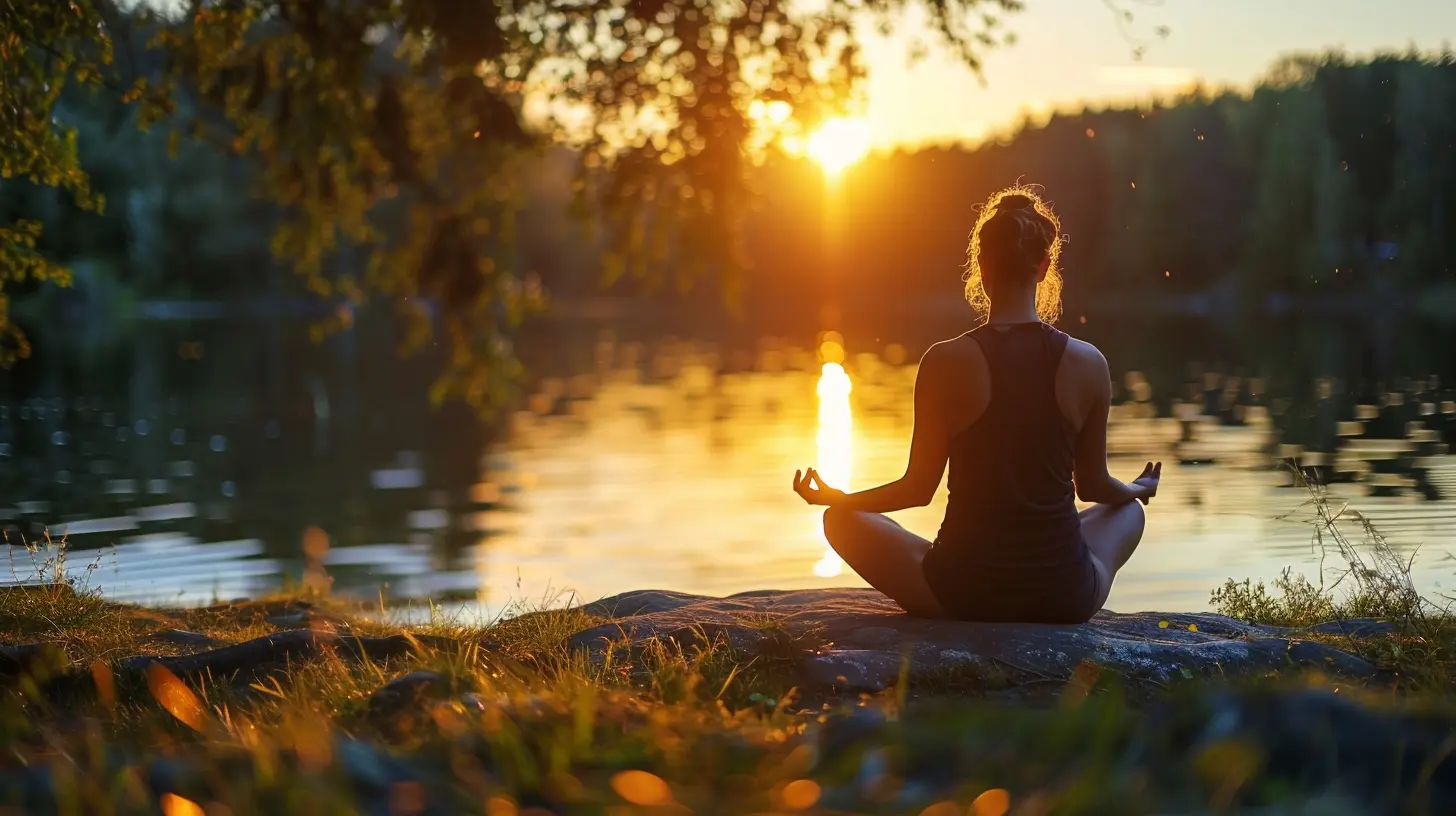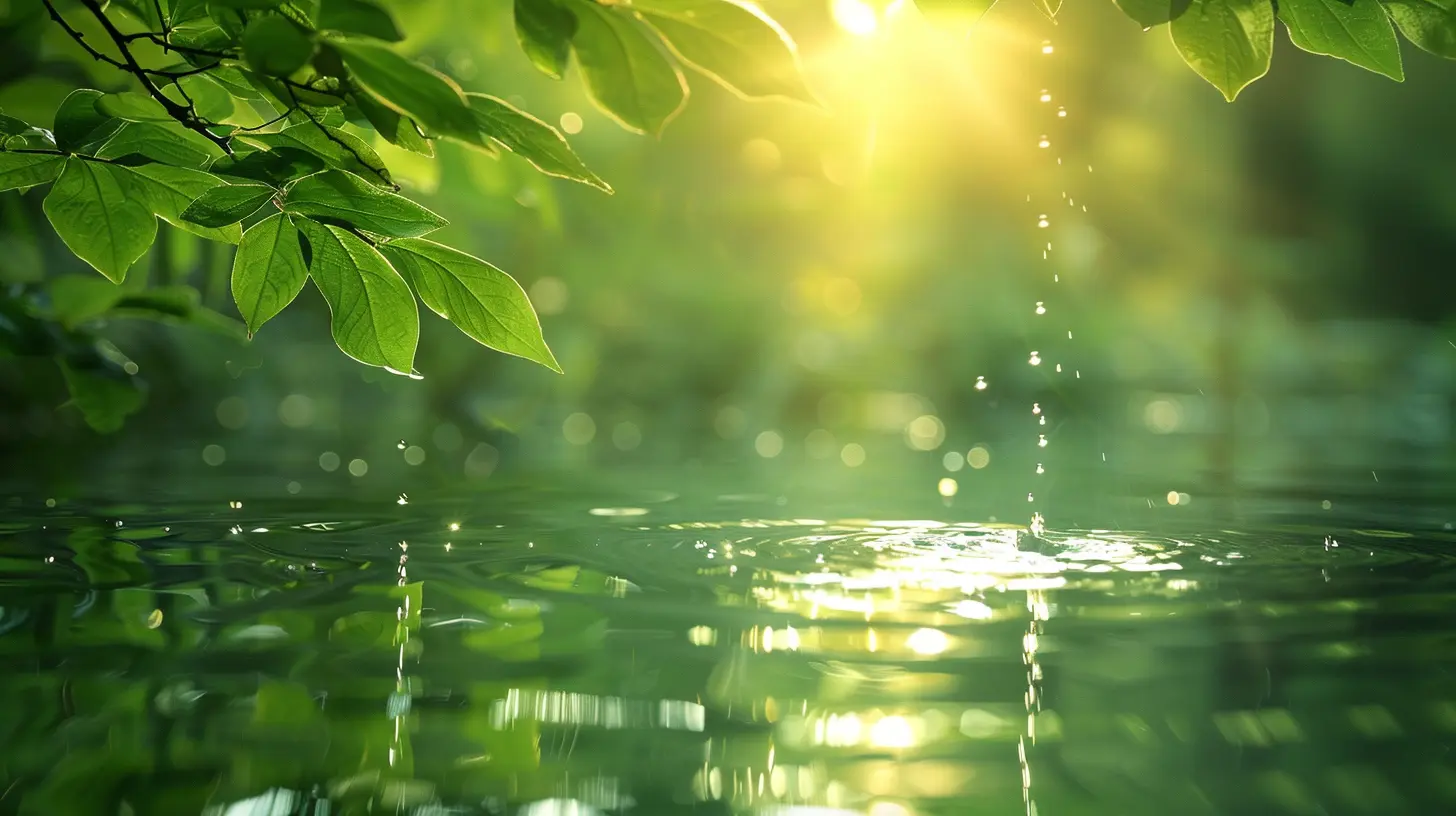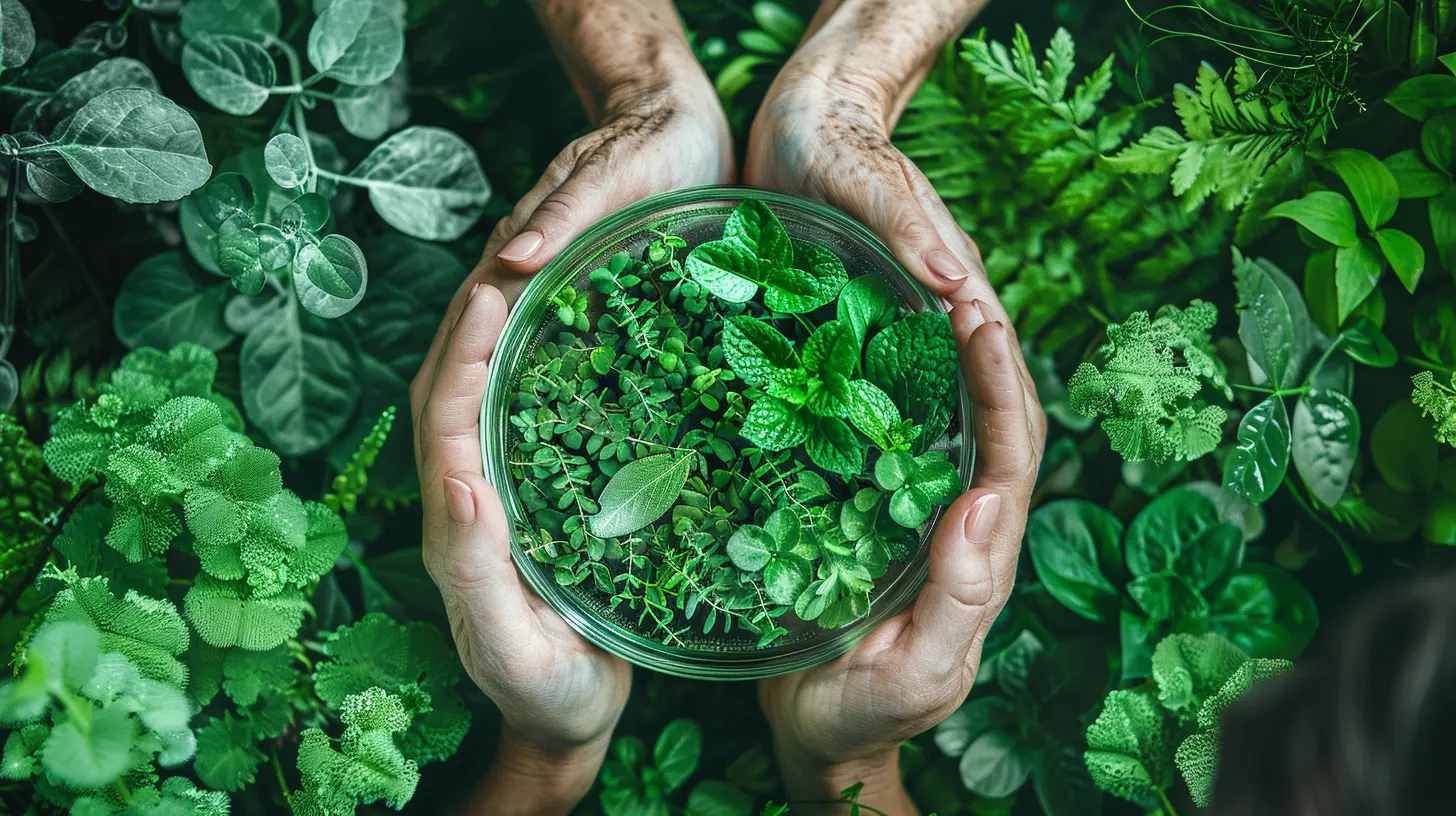The Healing Power of Nature: Reconnecting to Boost Self-Care
28 August 2025
There’s something ancient and soul-soothing about the rustling of leaves, the whispering wind, the golden hue of a setting sun filtering through branches. Nature doesn’t shout—it sings. And in that gentle tune, many of us have found something we didn’t even know we were missing—a deep kind of self-care that no bubble bath or scented candle could ever match.
In our hyper-connected, fast-paced, screen-glued world, it’s easy to forget this: we are nature, too. Reconnecting with the natural world isn’t just a nice weekend activity. It’s a lifeline. It’s therapy. It’s healing.
So grab a cozy drink, settle in, and let’s talk about why walking in the woods or watching the ocean can bring us back to life.
The Nature of Self-Care
Let’s start by getting real: self-care isn’t always about spa days or Netflix binges. Sure, those things can be comforting, but true self-care—the kind that helps us heal and grow—often comes from unplugging and plugging into something deeper.That something? Nature.
Whether it’s hiking a trail, tending to a garden, or simply standing barefoot in the grass, nature offers us something technology never can: presence. It slows us down. It invites us to breathe deeper, think clearer, and feel more grounded.
Why Does Nature Feel So Good?
There’s actual science behind this magic. Spending time in nature:- Lowers cortisol (our stress hormone)
- Lowers blood pressure and heart rate
- Boosts mood and reduces symptoms of anxiety and depression
- Improves focus and cognitive function
So essentially, Mother Earth is the OG therapist—and she doesn’t charge by the hour.
Our Deep-Rooted Connection: Nature and Mental Health
From the moment we’re born, we’re wired to connect with the earth. Our ancestors lived in close relationship with the land, the seasons, the rhythms of sunrise and sunset. Somewhere along the way, we lost that connection—and it shows.Today, anxiety, burnout, and loneliness are at record highs. But the path back to balance might be simpler than we think. It might be covered in moss and wildflowers.
Shinrin-Yoku: The Art of Forest Bathing
Ever heard of “forest bathing?” In Japan, it’s called Shinrin-Yoku, and it’s basically the practice of immersing yourself mindfully in the forest atmosphere.You don’t need to hike five miles or conquer a mountain. The goal isn’t movement—it’s presence. You walk slowly, breathe deeply, observe, and just... be.
Studies show that even just 20 minutes of forest bathing can seriously reduce stress and nervous tension. Imagine what an afternoon could do for your soul.
Using Nature as a Daily Ritual of Self-Love
You don’t need acres of untouched wilderness to benefit from nature’s healing touch. Reconnection can happen anywhere. In fact, the smaller, daily moments with nature are often the ones that weave self-care into the fabric of our lives.Morning Light = Morning Delight
Start your day by stepping outside for five minutes. Let the sunlight kiss your skin. Listen to birdsong. Feel the rhythm of a new day.Think of it like charging your personal battery—except instead of a phone cable, it’s sunlight and fresh air.
Grounding: More Than Just a Buzzword
Ever tried walking barefoot on grass or sand? That’s called grounding, and it helps regulate your body's energy by reconnecting it with the Earth.It might sound a little woo-woo, but there's real science around how grounding reduces inflammation and improves sleep. Plus, it just feels good. Like letting your worries melt into the soil.
Tiny Gardens, Big Joy
Don’t have a backyard? No problem. A few potted herbs on your windowsill, a houseplant, or even a desktop succulent can all remind you to reconnect with something that lives and grows.As you water, prune, or simply observe your plants each day, you’re practicing mindfulness in its greenest form.
Nature’s Lessons: What the Earth Teaches Us
Nature isn’t just a balm—it’s a teacher. And if we’re willing to listen, it has a lot to say.1. Everything Has Seasons
Have you noticed how trees don’t try to hold onto their leaves in the fall? They let go—gracefully, naturally—knowing that rest is coming, and new growth will follow.That’s a serious lesson for us. We don’t always have to be blooming. Sometimes, rest is the most revolutionary form of self-care.
2. Stillness is Productive
Think of a calm lake or a snow-covered field. Stillness has power. In nature, it’s not lazy—it’s intentional.We often feel guilty for resting, but rest is the root of our strength. Like the soil in winter, we’re preparing for new life.
3. There’s Beauty in Imperfection
In the forest, nothing is symmetrical, nothing is flawless—and yet, everything belongs. Twisted branches, broken bark, wildflowers growing through cracks.Maybe we should stop trying to be perfect and start trying to be whole.
Nature and the Senses: Healing From the Outside In
One of the most beautiful things about nature-based self-care is how it wakes up all five senses—and that, in itself, is healing.Let’s break it down.
Sight: The Soothing Palette of Greens and Blues
Hospitals often paint walls in pastel greens and soft blues. Why? Because those tones are naturally calming. Nature’s colors tune our brains into a more relaxed state.Sound: Nature’s White Noise
Birdsong, rustling leaves, ocean waves—these are the soundtracks of serenity. They slow the mind, reduce anxiety, and help us focus.Smell: The Scent of Sanity
The smell of pine trees, fresh rain, or even dirt triggers emotional memories and lowers stress. Turns out, “smelling the roses” isn’t just a cute phrase—it’s a therapy session.Touch: The Texture of Life
Think about the soft petals of a flower, the rough bark of a tree, the cool kiss of a stream. Touching nature grounds us, quite literally, in the here and now.Taste: Savoring the Earth’s Bounty
Fresh fruit. Garden vegetables. Wild herbs. Eating straight from the land connects us with the cycles of the seasons and teaches us to slow down and savor.Reconnecting in the Digital Age
Let’s be honest. Most of us live more in our screens than in the sun. But it doesn’t have to be all or nothing. What if we found a rhythm between technology and trees, between Wi-Fi and waterfalls?Even city dwellers can bring nature into their lives.
Ideas for Urban Nature Self-Care
- Walk in your local park without your phone- Ride your bike through a tree-lined path
- Visit a botanical garden or farmers market
- Start an herb garden on your balcony
- Open your windows and let the natural light pour in
Remember: Nature’s not picky. She’ll meet you wherever she can.
Real Talk: Nature Won’t Solve Everything, But...
No, walking in the woods won’t cure clinical depression or erase years of trauma. Nature isn’t a magical fix-all. But it is a powerful ally.Think of it like this: if therapy is the map, nature is the trail that helps us walk it. If meditation is the song, nature is the harmony. It’s not instead of—it’s alongside.
And sometimes, when words fail, the world outside speaks in a language our heart understands.
Final Thoughts: Coming Home to Ourselves
Reconnecting with nature isn't just an escape—it's a return. A homecoming. Each step on the path, each wave we watch, each leaf we touch quietly says, “You are part of this. You belong.”Self-care isn’t selfish. It’s sacred. And nature—it’s one of the oldest, wisest, most generous forms of self-care we have.
So take a deep breath. Step outside. Let the earth hold you for a while.
You’re not lost, love. You’re just being called home.
all images in this post were generated using AI tools
Category:
Self CareAuthor:

Alexandra Butler
Discussion
rate this article
1 comments
Lana Ortiz
Thank you for this insightful article! It beautifully highlights the importance of nature in self-care, reminding us how vital it is to reconnect with the outdoors for our mental well-being.
August 29, 2025 at 2:26 AM

Alexandra Butler
Thank you for your kind words! I'm glad the article resonated with you and emphasized nature's vital role in self-care.


